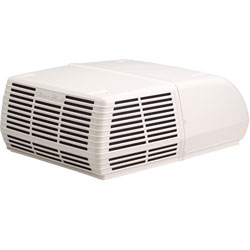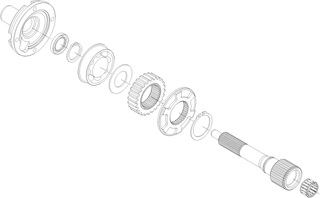PROPANE GAS BASICS
The propane (liquid petroleum) gas system is very important in a RV. The system is safe and reliable when maintained and used properly. Following are some basic tips:
When opening a LP tank valve, open by turning very slowly. This will prevent a sudden surge of pressure into the regulator, which can blow out the diaphragm. The regulator is a vital part of your LP system. A malfunction can cause many problems.
Listen for a constant hiss or hum at the regulator after opening the valve. This is an indication of a major leak. Propane has a rotten egg smell and if this smell or a constant hiss is present, you must turn off the gas immediately and have it checked
by a qualified professional at (850) 866-6999. The valve should be opened all the way for normal operation.
Periodically check tank connections and fittings for leaks and each time the tanks are disconnected or filled. This is a simple test to perform. You may purchase a Liquid Leak Detector Solution at most RV supply stores, and then spray this soapy solution onto the fittings. If any bubbles are present, a leak is indicated. Repair the leak and re-test.
Always use a POL plug or cap in your LP cylinders when disconnected or transporting LP tanks. Never transport a LP tank in a passenger compartment of your vehicle. The area around the tank must always be properly vented.
For more information about your recreational vehicle LP gas system, you may call 1-800-877-2495 and ask for a copy of “What You Should Know About Your LP Gas System”. For repairs call a qualified professional at (850) 866-6999 or visit https://rvtrax.com

